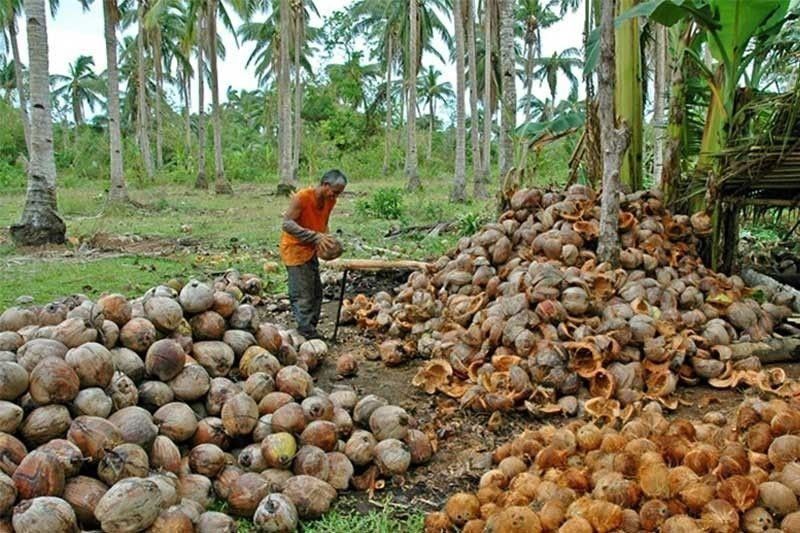Groups debunk environmental charges vs coco farming

MANILA, Philippines — Philippine coconut industry stakeholders, advocacy groups and academicians debunked recent international articles claiming that coconut oil production as both environmental and biodiversity threats.
The International Coconut Community (ICC) finds it “intriguing” that the author, Borneo-based Eric Meijaard, “chose to headline the threat from coconut oil to shield palm oil, which is under intense attack for its harmful environmental effects.’’
The ICC is a Jakarta-based UN Economic and Social Commission for Asia and the Pacific inter-government organization.
The articles, published online on Bloomberg Green and two other independent industry news portals, practically indicted the coconut industry, particularly the process of producing coconut oil, as an environmental threat, said to be worse than palm oil production.
Quoting a report from the UK’s University of Exeter, Bloomberg Green stated that production of coconut oil threatens around 20 animal species for every million tons made.
Victoria Espaldon, former dean of University of the Philippines-Los Baños School of Environment Science and Management, explained that “the transformation of Philippine landscapes to coconut began hundreds of years ago. At the moment, it is not expanding, rather, coconut areas are receding and being transformed into other land uses or mixed uses (agroforestry).”
She also cited unpublished theses done at the UPLB-SESAM that run counter to the biodiversity hazard angle of the story against the coconut industry noting that, “coconut-based diversified farms are turning into habitats for wildlife, particularly for birds and insects.”
American Asa Feinstein, a coconut advocate and CEO of Coco Asenso, debunked the articles primarily sourced from Meijaard.
Feinstein explains that, “coconuts are mentioned as a factor that has threatened 66 species, while oil palm has threatened 321 species.’’
Ateneo School of Sciences Professor Emeritus Toby Dayrit was quick to point out that “no rain forests have been burned in the past 200 years to plant coconuts.”
Dayrit explained that coconuts are “pioneer species in island ecosystems, and coconuts actually promote biodiversity in barren islands and seashores where no other plants grow.”
The United Coconut Associations of the Philippines (UCAP) clarified that only Indonesia and Malaysia are open to corporate farming.
UCAP said that the main problem facing the local industry is actually the near extinction of coconut trees, most of which were planted during the Spanish colonial times two hundred years ago.
The Philippine coconut advocacy group is urging government regulators to immediately address and avert the collapse of the industry.
- Latest
- Trending




























